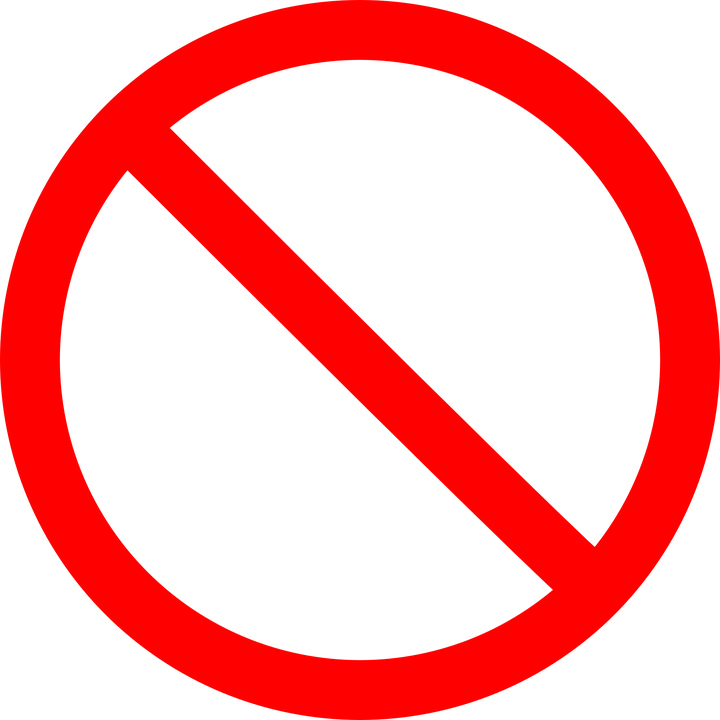Cancel culture has changed the way that we communicate online. It encourages people to get angry and harmful for a good cause…mostly.
Cancel culture is an on-going trend that is the cause of the “cancellation” of people and businesses. This cancellation arrives in the form of an onslaught of people withdrawing support and bashing the person or business who has been canceled.
The reasoning for canceling can range from a simple disagreement about something trivial to a more serious felony that was committed. Canceling someone leaves the person not only swarmed with hate-filled comments, but gives the person affected no remorse or forgiveness.
Why bother giving someone a second chance, when there is a chance that they will make the exact same mistake they made the first time? According to cancel culture, we are not allowed to exhibit mistakes, especially not in the public eye. It is too offensive. That is why cancel culture exists. To prevent those mistakes through anger and mass–hatred.
Many celebrities have been on the receiving end of cancel culture, where it has forced them to put a hiatus on projects or forced them to step down from a job opportunity. Taylor Swift, a musician, is a celebrity who has been on the receiving end of cancel culture after the public dispute between her and Kayne West. She took a three-year hiatus in which she wrote her album, Reputation, that explains the harsh views everyone had of her and her realization of whose opinion truly matters.
PewDiePie, a well known YouTuber, is another celebrity who has been on the receiving end of cancel culture. In a satirical video, he used racist elements in an attempt to mock the people he was reviewing. He immediately experienced negative backlash and a huge uproar. Since then, he has issued a well constructed apology video for the actions of the other people in the video.
While neither Swift nor PewDiePie has done something worth being put through the wringer, both have encountered a fair share of hatred and aggression thrown their way. They have been able to rise above hatred and boycotts due to their professions. It is not the same for everyone else.
Let’s talk about people who do not have a large following, what happens when they get canceled? They are shunned and locked out of the community to which they once belonged—a potentially tight-knit community where everyone knows each other and they found solace—only to be thrown out on the street like something worse than a diseased rat by the people who once encouraged you, which must be heartbreakingly painful.
Under what form of unity does cancel culture strike up arms filled with hatred and a passionate fuel to right a wrong? When canceling a person or business for their wrongdoings is it effective to constantly point out their flaws and wrongdoings? Sure, good intentions are all good until they are not.
Where does the line get drawn? Call someone out to be canceled once and then let them decide whether or not they will address their own issues.
Do other people who do not know your life have the right to tell you what is right, what is true, what is the right way to think? We conform to the pressures of society because society has become full of anger and hatred. A level of aggression that puts fear in people, that prevents them from speaking their minds.
Cancel culture calls for the cancelation of the bad or unjust thing a person has committed, but instead, it cancels a person’s existence by the sheer amount of hate and aggression. Congratulations, bullying is back in style, support cancel culture.
Graphic: Elizabeth Talbert/ The Johnsonian




